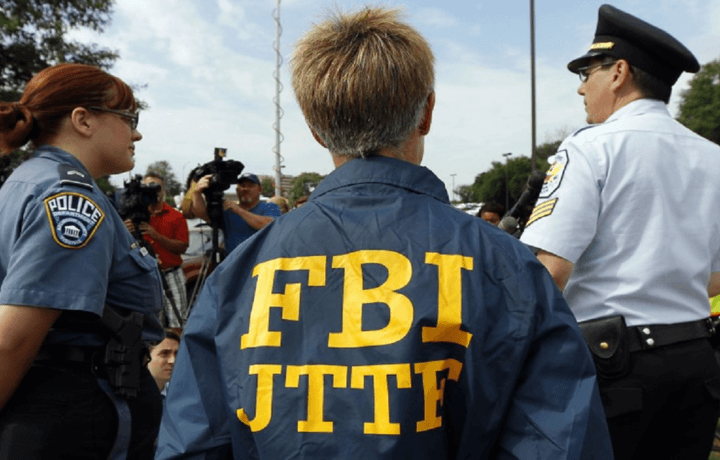A letter from the FBI Agents Association (FBIAA), which is a professional organization representing approximately 13,000 active duty Special Agents, has found its way to the Legislative and Executive branches of the U.S. government. The letter highlights the affect the partial government shutdown may have on the security clearances of their personnel.
Financial security is a matter of national security
They are urging that the Department of Justice be funded highlighting how “financial security is a matter of national security.”
We previously noted how the furlough of non-essential personnel and the deferred payment of essential personnel has created a boon for any interested hostile intelligence organization. The FBIAA’s letter highlights the potential long-term effect which the lack of funding may cause to the financial stability of their personnel and by extension, to their personnel’s ability to maintain a security clearance.
All FBI Special Agents have national security clearances, and like every other cleared employee who enjoys the trust of the U.S. government, they are subject to a high security standard, which “include rigorous and routine financial background checks to ensure Agents are financially stable and responsible.”
With nearly 5,000 FBI special agents, intelligent analysts, attorneys and staff furloughed, the potential for these individuals to be placed in a financial limbo is very real. And financial insolvency has proven to be a disqualifier for many national security clearance applicants. That’s because furloughed government employees are not paid, regardless of whether or not they’re currently working.
Pay for all (eventually)
To ameliorate this situation, the Senate unanimously voted to provide back pay to federal employees furloughed as a result of the partial government shutdown. President Trump has indicated to Senate Majority Leader Mitch McConnell that he will sign it. Senator Tim Kaine, D-VA commented, “When we reopen, they will be paid.”
When signed by the President, a safety net for all government employees will have been put in place. Among those furloughed, some may look at the situation as a mandatory paid (albeit deferred) vacation. Among those mandated to work, they may have a different optic, given they too are awaiting deferred payment, but did not have the opportunity or time to engage their creditors to keep the train of fiscal responsibility on the track. For those furloughed employees who applied for unemployment benefits, when their back pay is received they will be expected to re-pay all of those funds.
The harsh reality is that as of today, there are thousands of government employees who will not be receiving their anticipated paycheck which they have become accustomed to seeing arrive in their bank every two weeks.
To assist the FBI personnel during this time of financial gymnastics, the FBI issued a FAQ of sorts on January 10, which provided guidance to a plethora of questions concerning steps which employees are asking as they individually attempt to maintain their financial solvency. Some of these are worthy of highlighting:
- May offices initiate “among our own, for our own” fundraisers to lend to employees within their field office or division who have an urgent financial need. Answer: Yes, with caveats.
- May an FBI employee, fundraise for themselves (i.e. start a GoFundMe page)? Answer: Yes, again with caveats, specifically, “contributions shall not be accepted from anonymous sources.”
- Will I receive my 2018 W-2 on time? Answer: We don’t know.
- Will Thrift Savings Plan loans be considered delinquent? Answer: No
- What is a financial impact letter and how do I get one? Answer: Personalized letters have been provided for employees to provide to their financial institution or creditor to document the employee’s status.
The partial government shutdown will eventually be resolved.
The long-term effects on the financial solvency of many cleared personnel will manifest itself as future security clearance adjudications occur.


